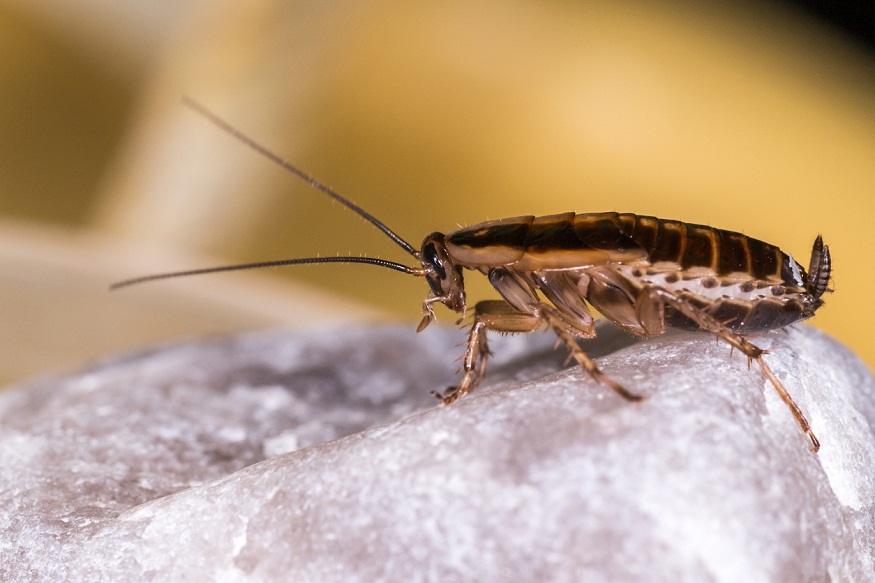Understanding Outdoor Pest Management
Outdoor pest management is crucial to maintaining a healthy and enjoyable outdoor environment. It involves strategically controlling pests that can harm plants, spread diseases, and cause discomfort for people and pets. By implementing effective outdoor pest management practices, you can create a more pleasant and safer space for everyone. A well-managed outdoor space ensures that pests are kept at bay while preserving the ecosystem’s natural balance. This improves the area’s aesthetics and contributes to the well-being of those who frequent it.
Moreover, managing pests outdoors requires a multifaceted approach. It includes identifying potential pest sources, understanding their lifecycles, and devising targeted strategies to mitigate their impact. Doing so protects the outdoor environment and enhances the quality of life for all its inhabitants, including humans, pets, and beneficial wildlife.
The Benefits of Proper Pest Management
- Improved Plant Health: Effective outdoor pest control solutions help protect plants from various diseases and infestations, ensuring their growth and longevity. Healthy plants are more resilient and can withstand environmental stresses, creating a more vibrant and thriving outdoor space.
- Enhanced Outdoor Experience: Reducing pests like mosquitoes and ticks makes spending time outdoors more enjoyable and reduces the risk of diseases like Lyme disease and West Nile virus. This is especially important for families with children and pets and those who enjoy outdoor activities such as gardening, barbecuing, and relaxing in their backyard.
- Protection for Pets: Proper pest management helps prevent pests that can harm pets, such as fleas and ticks, keeping them safe and healthy. Pets free from pest infestations are less likely to suffer from related health issues, allowing them to lead happier and more active lives.
Common Outdoor Pests and Their Impact
Various pests can invade outdoor areas, each with different impacts. Understanding these pests and their behaviors is essential for effective management:
- Mosquitoes: Known for their itchy bites and ability to spread diseases like Zika and West Nile virus. Mosquitoes reproduce in still water. Therefore, removing stagnant water around your property is crucial to decreasing their numbers.
- Ticks are tiny parasites that can spread Lyme disease and various other sicknesses. They flourish in high grass and forests, so consistent lawn care and checking pets are essential for avoiding diseases transmitted by ticks.
- Aphids: These insects can damage plants by feeding on their sap, causing stunted growth. Aphids multiply rapidly and can affect many plants, making early detection and control essential to minimize their impact.
- Ants: While harmless, some species can damage plants and infiltrate homes. Ants can also attract pests like aphids, creating a more significant pest problem if not addressed promptly.
Natural Pest Management Strategies
There are many eco-friendly ways to manage pests outdoors. These methods not only help control pest populations but also minimize the impact on the environment:
- Introduce Beneficial Insects: Insects like ladybugs and predatory beetles can help control pest populations naturally. These beneficial insects prey on common pests, such as aphids, keeping their numbers in check without chemical interventions.
- Plant Pest-Repelling Herbs: Herbs such as basil, mint, and lavender can deter pests. These plants release natural compounds that pests find unappealing, creating a protective barrier around other plants in your garden.
- Use Organic Pesticides: Opt for plant-based or natural pesticides to minimize environmental impact. Organic pesticides are often less harmful to beneficial insects and wildlife, making them a safer choice for long-term pest management.
Comprehending the Importance of Integrated Pest Management (IPM)
IPM involves using various methods to control pests efficiently and minimize environmental damage. IPM emphasizes long-term prevention and uses multiple techniques, including biological control, habitat manipulation, and resistant plant varieties. This approach aims to create a balanced environment where pests are managed effectively without relying heavily on chemical treatments.
Learn more about the benefits and methodologies of IPM from EPA’s IPM Principles. Implementing IPM practices can lead to more sustainable pest control and promote environmental health.
Choosing Professional Pest Management Services
Sometimes, managing pests can be overwhelming, and professional services may be required. When selecting a pest management company, ensure they use environmentally friendly practices and have a good track record. Personalized services can effectively address specific pest issues, providing peace of mind.
For an overview of effective pest management practices, check out this article by the CDC on Preventing Tick Bites. Professional services can provide tailored solutions that are both effective and sustainable, ensuring your outdoor space remains pest-free without compromising environmental integrity.
Long-Term Maintenance and Monitoring
Consistent maintenance and monitoring are essential to successful outdoor pest management. Regular inspections of the outdoor area can help identify early signs of pest activity, allowing for timely intervention. Keeping the outdoor space clean, trimming overgrown vegetation, and ensuring proper waste management can prevent pests from thriving.
Maintaining a healthy garden with diverse plant species can also create a more resilient outdoor environment. Plants that are well-nourished and properly spaced are less likely to suffer from pest infestations, contributing to a healthier and more vibrant garden.
Conclusion
Proper pest management strategies are essential for creating a healthy outdoor environment. By understanding the different types of pests and their impacts and implementing natural and professional management solutions, you can ensure a safe and enjoyable outdoor space. With continuous effort and vigilance, your outdoor area can remain a pest-free sanctuary for people and pets.
Incorporating a combination of preventive measures, natural remedies, and professional services when needed will help maintain the balance of your outdoor ecosystem. This approach protects your outdoor space and enhances its beauty and functionality for everyone to enjoy.




